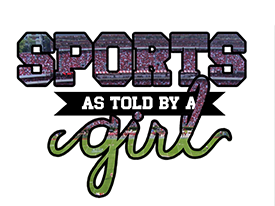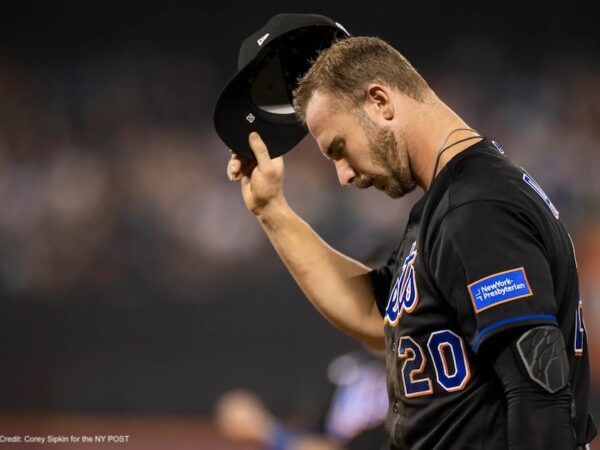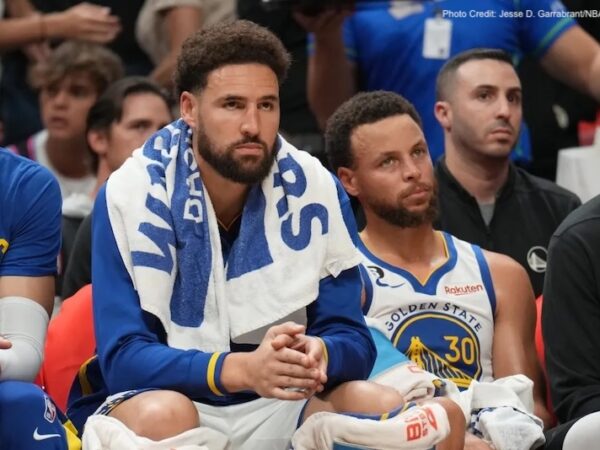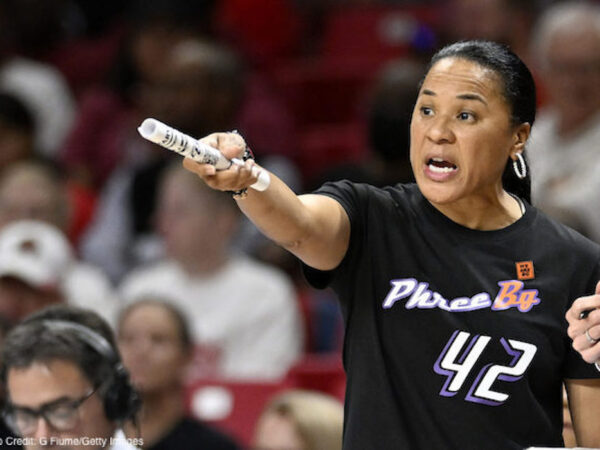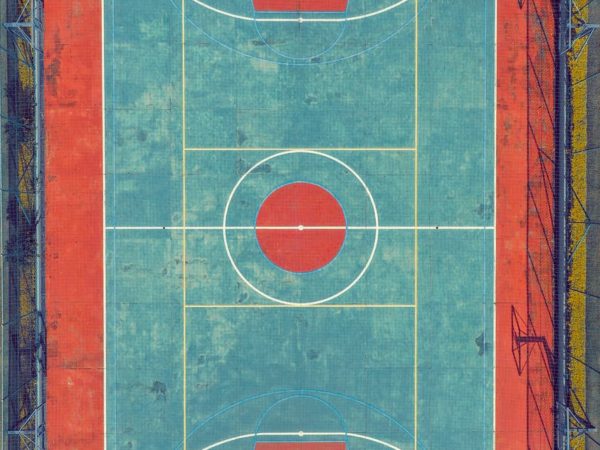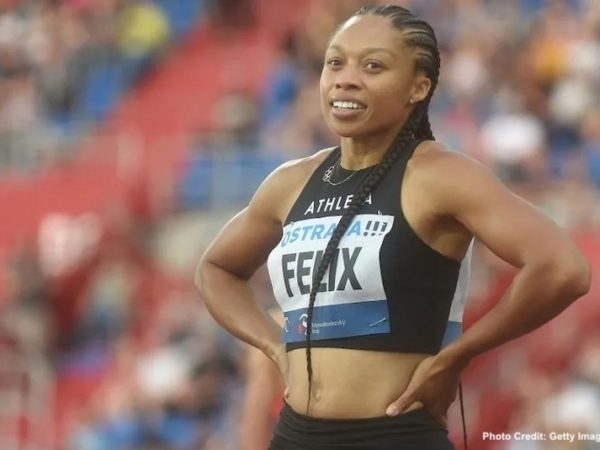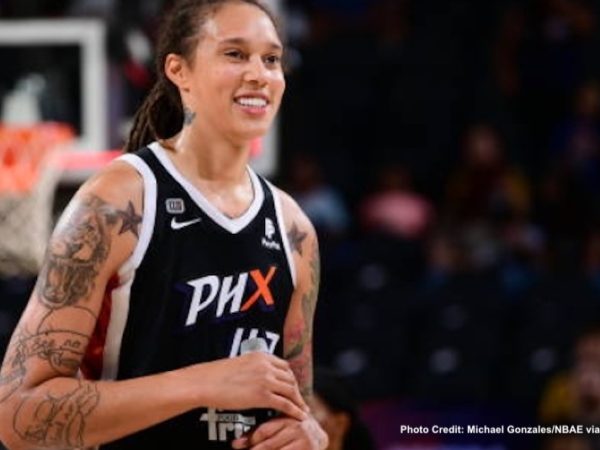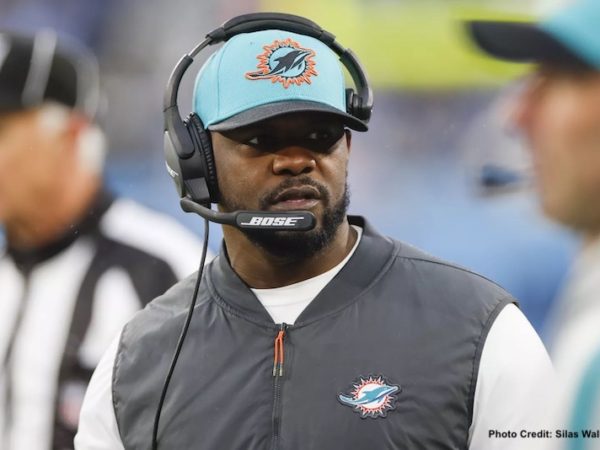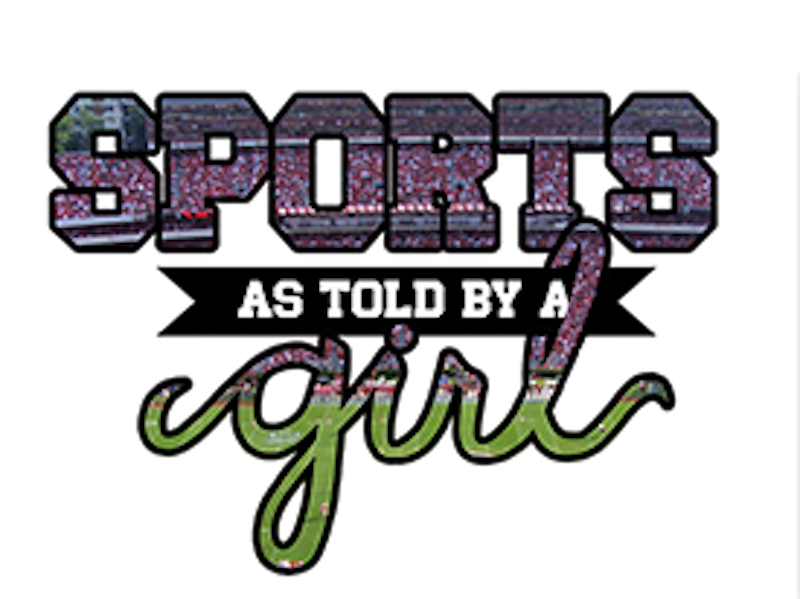Stephon Clark was a 22-year-old African American man. He was a brother and a son. He was a father and a friend. He was also a sports fan like you and I, with interests in his local football team. Stephon Clark was shot and killed by police in Sacramento, California late Sunday evening. The young man was entering his home through the backyard that evening when police received reports of break-ins in the neighborhood. In the harrowing video that has been released to the media, police can be heard firing off almost two rounds, about 20 shots. Clark did not survive, and was later found to be unarmed.
In an update following the incident, the Sacramento Police Chief lamented, “My city is hurting…you can’t go anywhere right now without feeling that hurt. There’s no way around it”. The citizens of Sacramento refused to sit on that hurt. They took to the streets and made sure their voices were heard.
On Thursday night, the Sacramento Kings were set to take on the Atlanta Hawks, in their home stadium. Local news reporters from the Sacramento Bee reported that large crowds of protestors demonstrated outside the arena. The crowds chanted, sang, and formed human chains around and in front of the doors.
Eventually, the Kings released a statement saying that because of safety concerns, they would be locking down the arena to fans who had not entered yet. They ensured them ticket refunds, and asked fans outside the stadium to go home. The Kings came up with the victory, winning by 15 points.
The Kings owner, Vivek Ranadive choose to address fans after the game, and to acknowledge that things were not normal. Ranadive acknowledged the feelings of anger, hurt, and confusion, also validating the right for people to protest peacefully.
Sports and politics, sports and race, sports and social issues- there has always been spaces of intersection within all those realms because sports fans are not solely defined by their love of sports. We all struggle, we love, we laugh, and we hurt. By speaking up, the Kings owner reminded his community, as well as the wider sports community, of our humanity.
As LeBron James often says- it’s bigger than basketball. Pelicans big man Demarcus Cousins has reportedly reached out to the family of Stephon Clark, offering to pay for his funeral. Cousins has done this before, in the case of another young football player in high school who was shot and killed by police before playoffs. The National Basketball Association regularly ensures their players have the opportunity to use their platform, and help those in need off the court and in their communities.
A great example of similarly motivated community outreach is found in Portland Trailblazer Damian Lillard. He started a respect initiative in public schools where he promotes kindness, punctuality in school, and self-respect. Miami Heat star Dwayne Wade most recently visited with and supported Parkland High students who are still recovering from the shooting earlier this month. Former Lakers players, Larry Nance Jr. (CLE) and Trevor Ariza (HOU) used their own personal tragedies to fuel their community outreach. Ariza, who lost his brother tragically at a young age, has a foundation that recognizes young student athletes who have also suffered tragedy. His foundation honors them and helps them pay their way through school. Nance Jr., who was diagnosed with Crohn’s disease as a boy, advocates for education of other little boys and girls with the same disease. He focuses on reminding them that their diagnosis is not all that defines them, and that they too can pursue their dreams.
Whether it’s in Sacramento, Cleveland, Los Angeles, Toronto, Miami, or anywhere else- these athletes and organizations speaking up is important.
To give kids the chance to see people who look like them struggle and succeed; to give them heroes and heroines to admire who speak up when it’s not convenient or comfortable; to be people who are striving to be better on and off the court, in and out of the stands- THIS is why we play.
